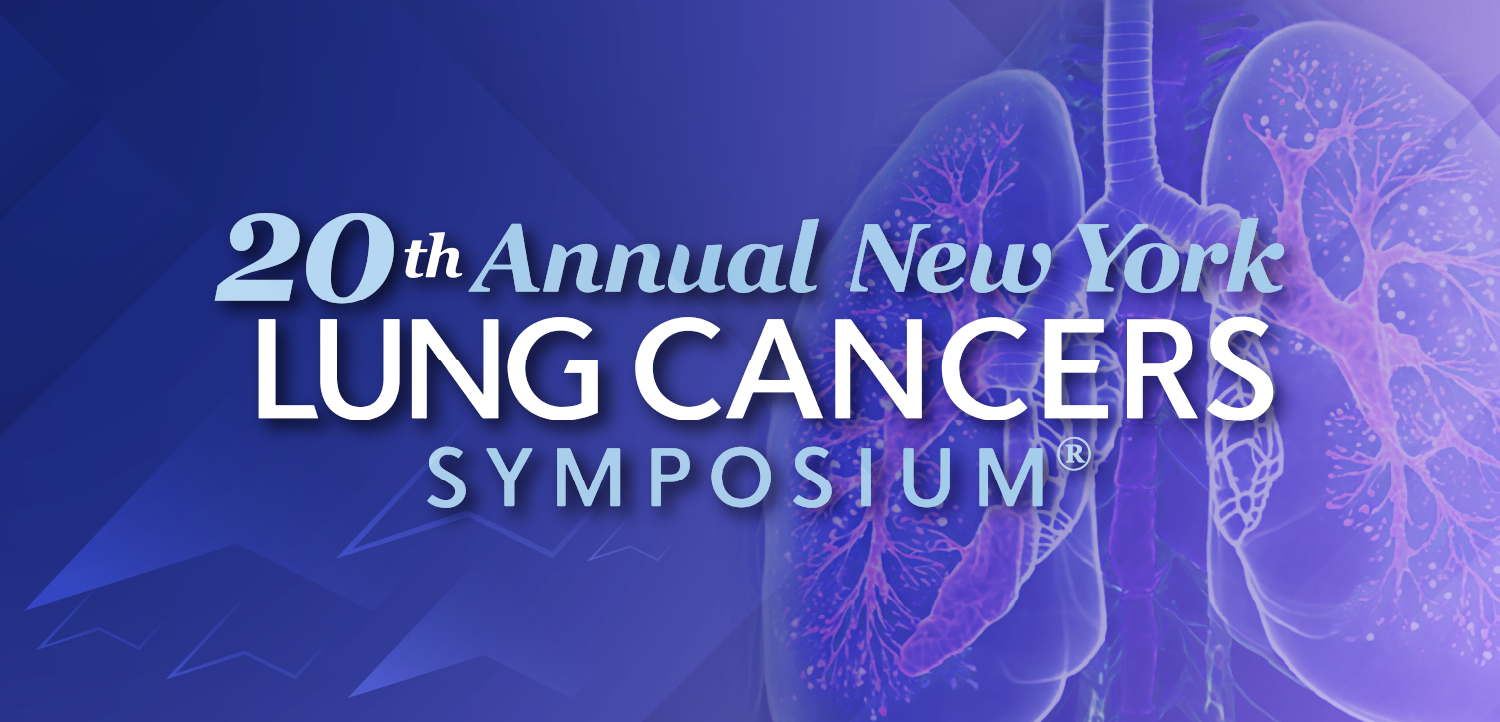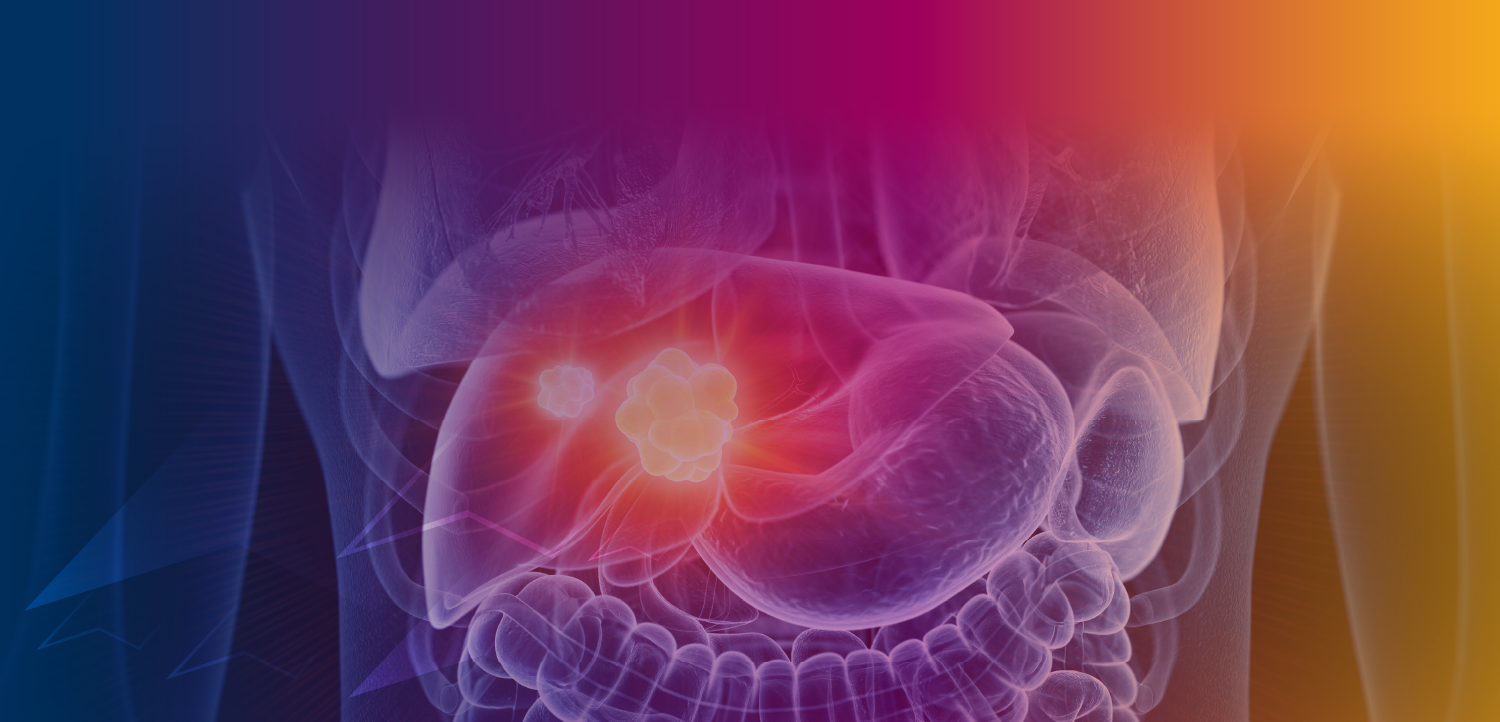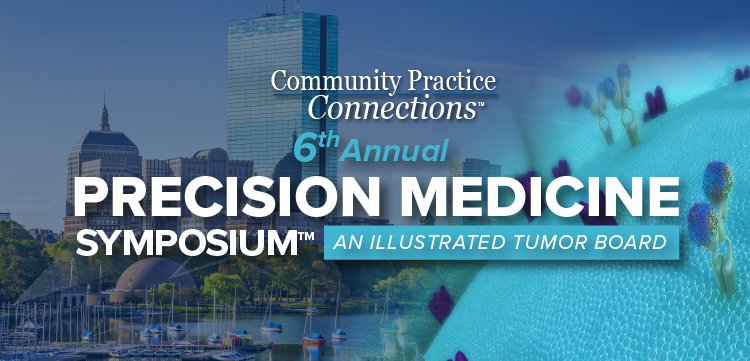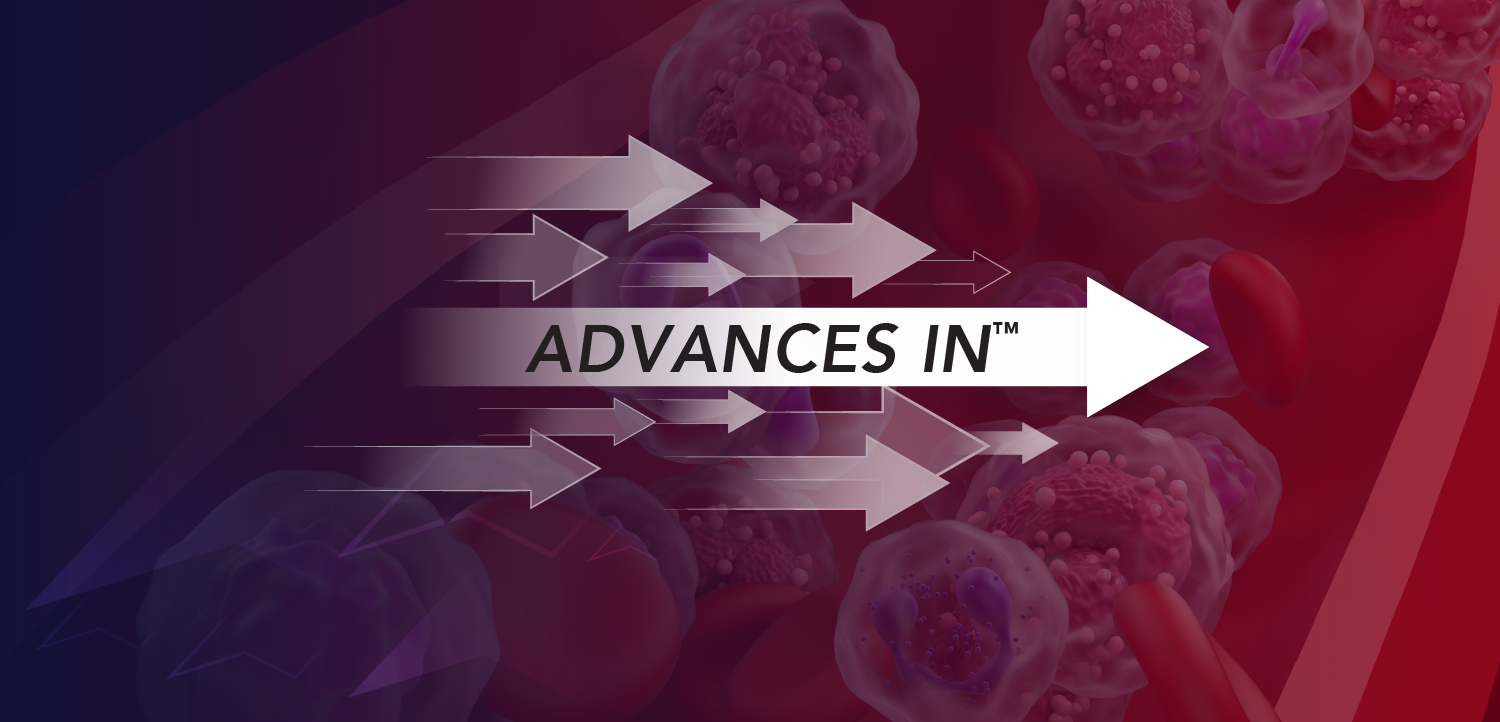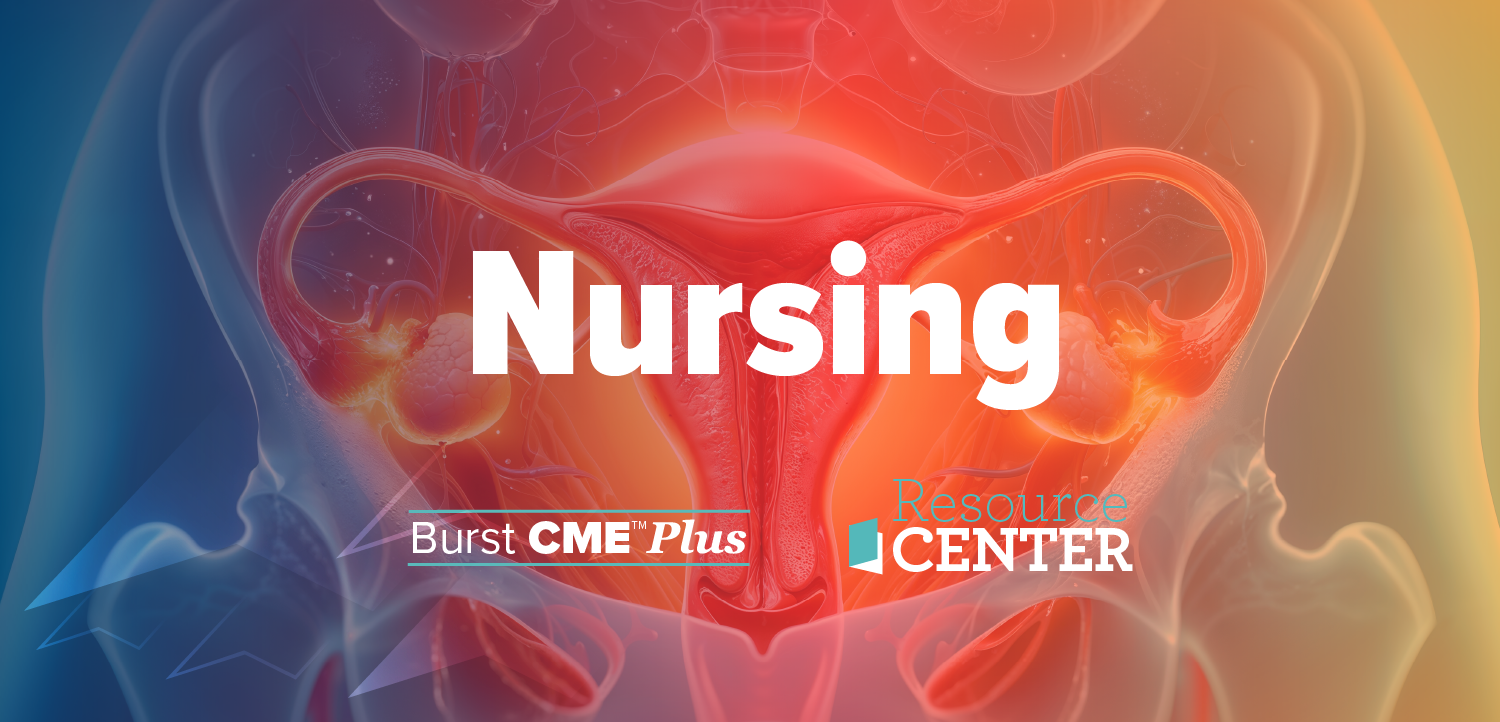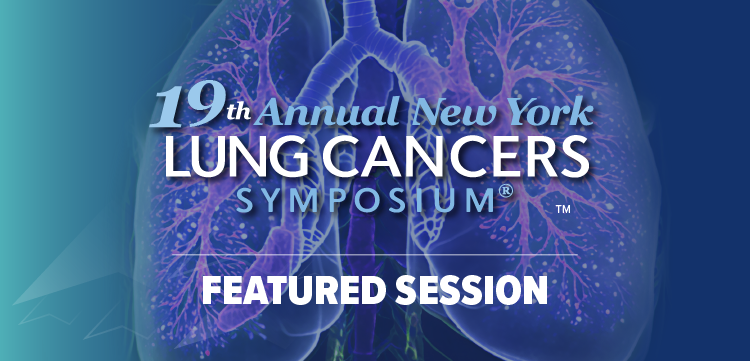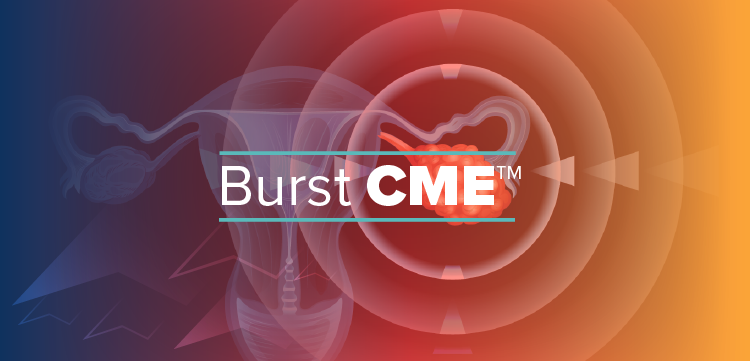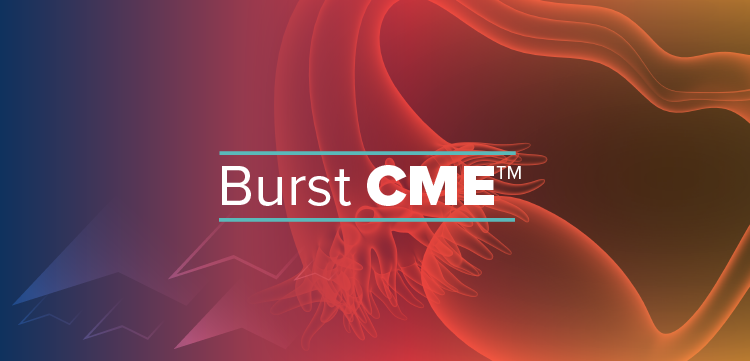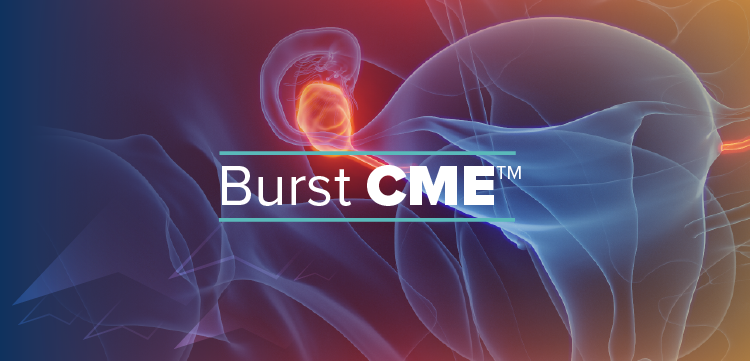
AI in Tandem with Radiologists More Accurately Identified Breast Cancer
The machine-learning model and human experts achieved a 90% accuracy.
Artificial intelligence (AI) models have
This is not the first study to find that AI works
When combined with analysis by radiologists, a machine-learning computer program identified breast cancer with approximately 90% accuracy.
“AI detected pixel-level changes in tissue invisible to the human eye, while humans used forms of reason not available to AI,”
Researchers from NYU School of Medicine and the NYU Center for Data Science examined the ability of the AI tool to add value to diagnoses from a group of 14 radiologists who reviewed 720 mammogram images. The research team designed the machine-learning program to help radiologists reduce the number of biopsies needed moving forward.
To do that, the physicians need to be more confident in the accuracy of assessments made for screening exams, like reducing false-positives and false-negative results, Geras said.
Typically, AI approaches use circuits to process information in layers and each steps feeds information into the next to assign the importance of each piece.
The machine-learning program developed by the research team learned how to get better at a task without being told how.
The researchers analyzed images collected during routine clinical care at NYU Langone Health over the course of seven years. The data set included nearly 229,500 digital screening mammography exams and almost 1,001,100 images.
The machine-learning program was trained to analyze images from the database for cancer diagnoses that had already been determined, so researchers knew the truth while testing the model’s accuracy.
The AI now discovers on its own the features in images that increase prediction accuracy, instead of the researchers.
“Our study found that AI identified cancer-related patterns in the data that radiologists could not, and vice versa,” Geras said.
The research team said it hopes to increase the accuracy even more by training it on more data.
Get the best insights in digital health
Related





